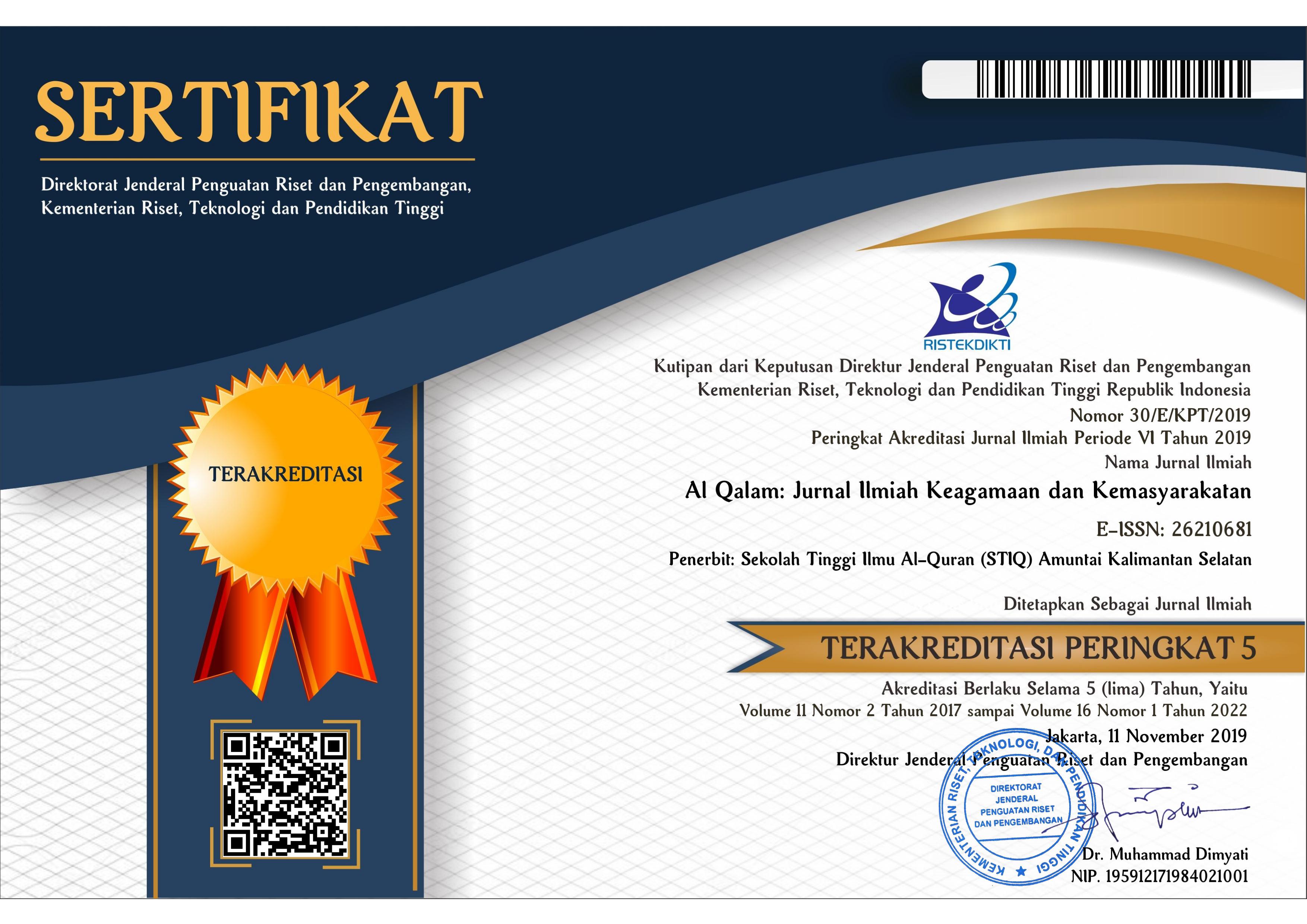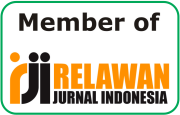Remote Audit Compared to Onsite Audit and the Capabilities Required in the View of Internal Auditor Practices
Abstract
Keywords
Full Text:
PDFReferences
Afif, Mufti. “Peran Ekonomi Digital di Tengah Wabah Covid-19.” Journal of Islamic Economics and Philanthropy 2 (2020): 1–11.
Castka, P., & Searcy, C. “Audits and COVID-19: A paradigm shift in the making.” Business Horizons., 2021.
Catlin, R. “Agile Auditing Fundamentals and Applications.” John Wiley & Sons., 2021.
Dewi, Kartika. “Effect of Corporate Social Responsibility Disclosure on Financial Performance” 7, no. August (2016): 149–55. https://doi.org/10.21512/bbr.v7i2.1687.
Ervianingsih, P., Astari, S., Zahran. I. Hurria, Mursyid, M. & Samsi, A. S. “Pencegahan COVID-19 dengan Pembuatan dan Pembagian Handsanitizer di Universitas Muhammadyah Palopo.” Indra Jurnal Pengabdian Kepada Masyarakat 1, no. 2 (2022): 44–48.
ISO, & IAF. “ISO 9001 Auditing Practices Group Guidance on Remote Audits.” Guidance on: Remote Audits. 1, no. 1 (2020): 1–13.
Johnstone, K. M. “Auditing A Risk- Based Approach To Conducting A Quality Audit (Ninth).” Cengage Learning., 2014.
Khoirunnisa, W., Fadhilah, W. A., Astuti, W. W., Mawarni, Y. I., & Gunawan, A. “Tinjauan Kualitas Audit Jarak Jauh Di Masa Pandemi Covid-19.” IRWNS: Prosiding The 12th Industrial Research Workshop and National Seminar, no. 12 (2021): 62–66.
Rayanto, Yudi Hari. Penelitian Pengembangan Model Addie dan R2D2 teori dan prakter. Pasuruan: Lembaga Academic and Reasearch Development., 2020.
Sugiyono. Metode Penelitian dan pengembangan. Bandung: Alfabeta, 2015.
———. Metode Penelitian Kuantitatif, kualitatif dan R&D. Bandung: Alfabeta, 2017.
Tuanakotta, Theodorus M. COVID 19 Effect For Economic. 2 ed. Jakarta: Salemba Empat, 2010.
Wahidin, Andi Noor, Ambo Asse, dan Lince Bulutoding. “Pengaruh Dimensi Fraud Triangle Terhadap.” Islamic Accounting and Finance Review 1, no. 1 (2020): 40–58.
DOI: http://dx.doi.org/10.35931/aq.v17i2.1980
Refbacks
- There are currently no refbacks.
Copyright (c) 2023 Al Qalam: Jurnal Ilmiah Keagamaan dan Kemasyarakatan
Al Qalam: Jurnal Ilmiah Keagamaan dan Kemasyarakatan
index by:
Publish by:
Sekolah Tinggi Ilmu Al-Qur'an Amuntai
Contact us:
Address: Jl. Rakha Pakapuran, Amuntai Utara
Kabupaten : Hulu Sungai Utara
Kode Pos : 71471
Provinsi : Kalimantan Selatan
Telephone : 085251613000
Email: hafizhihusinsungkar@gmail.com

This work is licensed under a Creative Commons Attribution 4.0 International License.



